SUMMARY
This is AI generated summarization, which may have errors. For context, always refer to the full article.

The criticisms by Manila’s and Cebu’s finest of Davao City Mayor Rodrigo Duterte’s dirty mouth may be morally upright, but they also miss the point. Duterte could get away with his curses and threats because this is how politicians “talk” at the local level.
It appears that the critics have not or rarely go out of their metropolitan perch to and check the political oratory in the probinsya. For if they did, they will be amazed at just how normal this “Digong-ian” discourse is.
I grew up in a small northern Mindanao frontier town watching and listening to politicos – campaigning for a mayor, provincial governor, and councilor seats – regale their crowd. Words like “tambaloslos,” “walay ulaw,” gadako lang ang baba,” “gi-bugi kay corrupt man,” and “ga-yasmi lang ang nawong” are frequently heard on the platform.
I cannot post sexually explicit metaphors in this site, but I hope to get away with this campaign song against Senator Fernando Lopez’s who was then campaigning for the Vice-Presidency. It is sang to the tune of the popular children’s song, “On Top of Spaghetti”:
Si Fernando Poe Lopez
Walay karsonis
Ang otin talinis
Sa public service
(ask a Visayan friend or relative to translate for you).
I could never get the song out of my mind even if it was sang over a decade ago because as we children listened to it repeatedly sang by the emcee (with audience participation) in between the bomba speeches.
In local campaigns there are no grand criticisms of the incumbents’ programs, or promises of economic development. Ad hominem is given (John Osmena once referred to his cousin rival as Osmena bin Laden).Politicians try to outmatch each other on the radio and television with the substance and the sting of their expletives. Cursing, along with acts like dancing the Me-Me as a 65 year old, are what can get people’s attention and – hopefully – their votes.
Digong stood out among his peers not because he was the nastiest of them all. He was master of the political invective because he was the first to exploit the power of television.
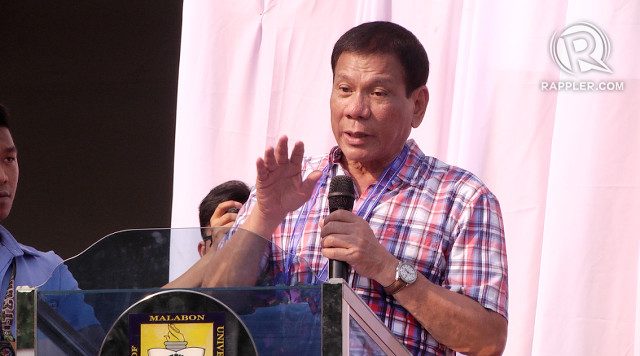
The nationalization of television, the loosening of central controls over local affiliates and the creation of free networks had opened new access for politicos, especially the moneyed one. They now could reach even the remotest of barangays and voters in these places, in turn, could – as it were – put a face to candidates who normally would only send their ward bosses to campaign in the barrios.
These new advantages have made it possible for the candidate to speak the local dialect, which includes the above metaphors and irreverent ballads. But when necessary this revolution in mass communication can also enable a politician to explain in detail his program of action to watchers. Local affiliate or free TV in short, allow the politicians to be the chico de calle as well as the visionary.
Digong pioneered all these in his popular TV show Gikan sa Masa, Para sa Masa which airs every Sunday. The 45-minute Q and A has all the elements I mentioned above and my Davao friends brag that Digong’s sermon is far better understood and much more appreciated when compared to the Sunday sermon. His imageries are very Dabaweno and his English has that vintage Visayan accent, which is music to the ears of his constituents.
Here is a sample YouTube video of Duterte talking directly to the laglag bala syndicate:
Listen to his response between 8:40 and 9:50 into the tape, and you have this very local argot that is music to a poor or middle class Visayan, Dabaweno, Magindanao, Zamboangueno, Maranao and Ilonggo.
“Ako wala gyud ko mang-ambisyon sa tinuod lang. Pero kung ako’y ma-presidente, ipatulon gyud nako nang bala sa inyo, mamatay man. Ipatulon ko na ug mobabag na sa inyong butbot dinha pa-operahan ta mo. Padak-an nako nang inyong buslot diha sa lubot aron moagas na lang nang hugaw diha nga…
[Rough translation: In truth, I am not aspiring (for the presidency). But if I am president, I will make you (members of the syndicate) swallow that bullet. I will make you swallow it and if it blocks your anus, I will have you operated on. I will widen the hole in your anus so that the dirt would easily flow out (of it)….]
Now compare his oratory to a priest giving sermons on Sunday or, worse, the nightly 5-centavos worth of ideas coming out of a pundit’s mouth, and the contrast is quite clear. Duterte’s lingo is the antipode to that of the urbane English or Tagalog of the taga-siyudad.
If Duterte’s critics are serious about censuring the mayor in public, they should keep in mind that for this to be effective they have to be constantly aware of who comprise that public and, more importantly, how that public talks and listens.
The best of luck – Rappler.com
Patricio N. Abinales is an OFW
Add a comment
How does this make you feel?
![[WATCH] #TheLeaderIWant: Filipino voters sound off on community issues a year before 2025 elections](https://www.rappler.com/tachyon/2024/05/filipino-voters-sound-off-on-community-issues-1.jpg?resize=257%2C257&crop=276px%2C0px%2C720px%2C720px)

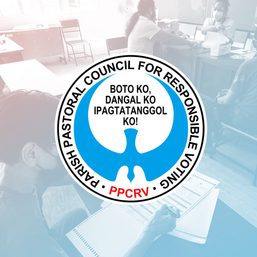
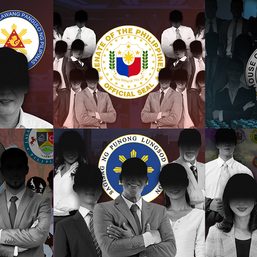

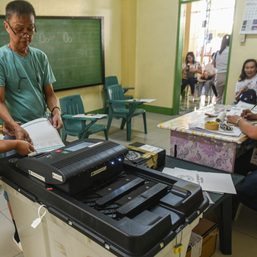



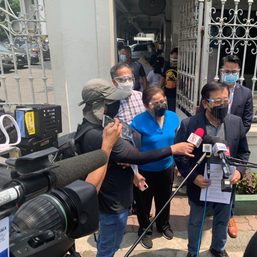
There are no comments yet. Add your comment to start the conversation.